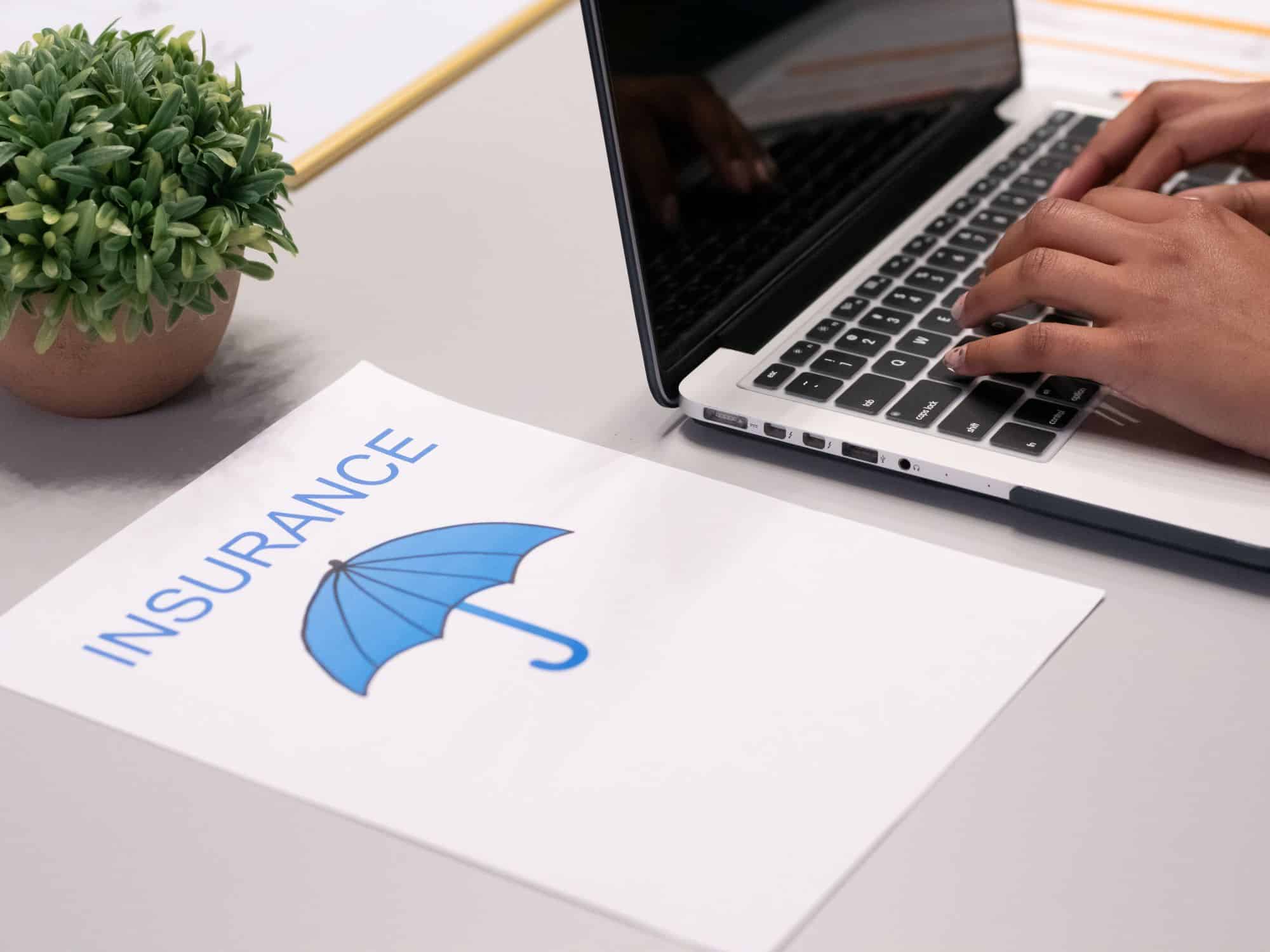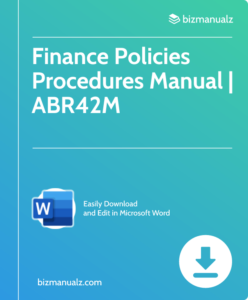What is Disability Insurance?

Disability insurance is a financial tool that helps people if they can’t work due to an injury or illness. It offers income protection, so people are secure even if they’re not earning. What is disability insurance?
What is Disability Insurance?
Having this insurance is vital, as it stops people from struggling during disability. It usually pays 60-70% of the policy holder’s income. It’s different from health insurance, which covers medical costs. Disability insurance focuses on substituting income.
Consider Sarah’s case. She is a hardworking accountant who was hurt in a car accident. Being the primary provider for her family, her inability to work caused pressure and financial trouble. Fortunately, her disability insurance paid her living and medical expenses while she recovered.
To understand disability insurance, dive into its definition and explore its importance in accounting. Defined as a protective measure, disability insurance provides financial support in case of inability to work. In accounting, it plays a crucial role by safeguarding against income loss due to disability. Let’s explore further.
Definition of disability insurance
Disability insurance is coverage that offers financial protection for people with a disability who can’t work. It’s like an emergency fund, providing an income replacement if someone becomes disabled. This can be from accidents, sickness, or other medical issues.
This type of insurance usually pays a % of the disabled person’s pre-disability income each month. The amount and length of the benefits depend on the policy. Some policies may just provide total disability coverage, while others may also include partial disability protection.
Unlike health insurance which pays for medical costs, disability insurance is for lost income. It makes sure people can still meet their financial obligations even if they can’t work due to a disability.
John’s story shows the importance of disability insurance. He was in a car crash that caused serious injuries and made him unable to work. His disability policy gave him regular monthly payments which helped him cover living costs while he recovered.
Importance of disability insurance in accounting
Disability insurance is a must for accountants. It protects them in case of an accident or illness. It gives them a portion of their income, so they can keep up with payments like mortgages or car loans. And still have a good standard of living. Accounting is a tough job. a disability could stop an accountant from doing it. Disability insurance offers them relief. So, they can focus on their job, without worrying.
Also, disability insurance is important for accounting firms. It covers their employees and gives continuity. This reduces the money needed, both for individuals and businesses. Plus, disability insurance plans include mental health issues. This shows that mental health matters in any job.
Tip: Read and understand the policy terms and conditions, to get the best coverage for accountants.
Types of disability insurance
To understand the types of disability insurance, delve into the realm of short-term and long-term disability insurance. Explore how these two sub-sections provide different solutions for individuals facing disabilities, offering distinct coverage and benefits tailored to their specific needs.
Short-term disability insurance
Short-term disability insurance is an important form of financial protection. It can be part of an employer-sponsored benefits package, or purchased individually. Coverage often starts after a waiting period, which ranges from days to weeks. To qualify, you must meet specific criteria set out in the policy. Examples include being employed for a certain period before becoming disabled.
This type of insurance covers illnesses, accidents, and maternity leave. It usually pays 60-80% of income. Plus, short-term disability insurance can offer unique features not included in other coverages. These could help you quickly return to work or accommodate any limitations.
Surprisingly, 40% of private industry workers have access to short-term disability insurance through their employers.
Long-term disability insurance
Long-term disability insurance can help protect you from the financial burden of disability. It offers advantages such as extended coverage and additional benefits. To make sure it works for you, here’s what to consider:
- Consider your finances: Analyze your expenses and savings to figure out the right coverage.
- Know the policy: Make sure you understand the details of the policy, including benefit amounts, waiting periods, and any exceptions.
- Get advice: Consult an experienced disability insurance advisor. They can help you find the right policy.
Long-term disability insurance can give you peace of mind. With careful planning, you can make sure it works for you.
How disability insurance works
To understand how disability insurance works, explore eligibility criteria, premiums and coverage, and filing a disability insurance claim. Eligibility criteria determine who qualifies for coverage, while premiums and coverage outline the policy details. When faced with a disability, understanding how to file a claim becomes crucial for receiving benefits.
Eligibility criteria
To get disability insurance, certain conditions must be met. Here’s what you need to know:
Eligibility Criteria:
| Criteria | Details |
|---|---|
| Age | Between 18 and 65 years old |
| Employment Status | Employed for 12+ months |
| Medical Condition | Documented medical condition that stops you from working |
| Work History | Paid Social Security taxes to qualify |
Besides these prerequisites, folks applying for disability insurance must bring supporting documents such as medical reports and job background. Note that eligibility can vary on individual cases.
Pro Tip: Before submitting your disability insurance application, go over the criteria and get all the needed papers. Being ready will help you get your benefits faster.
Premiums and coverage
Here’s the run-down on disability insurance premiums and coverage:
- Cost of insurance determined by age, occupation, and health condition.
- Coverage is a percentage of income replaced if you’re unable to work.
- It’s important to note that personal details could also affect premiums and coverage.
- Pro Tip: Make sure to study your policy closely to make sure it fits your needs!
Filing a disability insurance claim
It’s important to know the details of your disability insurance policy before filing a claim. Collect all related documents, such as medical records, employment history and policy details. Contact your insurance provider and notify them of your intention to file. Complete the claim form accurately, providing detailed information regarding your disability. Submit supporting documents from healthcare professionals. Follow up to ensure the claim is being processed efficiently. Be prepared to provide additional documents if requested.
John was a construction worker who suffered a serious back injury due to an accident on-site. Fortunately, he had disability insurance coverage, allowing him to file a successful claim and receive financial support during his recovery period.
Understanding the process of filing a disability insurance claim is key. Doing so will increase the chances of receiving timely assistance when it’s needed most.
Example of disability insurance in accounting
To understand disability insurance in accounting, dive into a practical example. Explore the case study of John, an accountant with a disability, and discover how disability insurance impacts his financial stability.
Case study: John, an accountant with a disability
John, an accountant with a disability, faced unique challenges. Let’s explore his case study and see how he triumphed over obstacles.
Table: Case Study – John, an accountant with a disability
| Categories | Details |
|---|---|
| Profession | Accountant |
| Disability | Visual impairment |
| Accommodations | Screen-reading software |
| Large print materials |
John had a visual impairment. He used screen-reading software and large print documents to accurately analyze financial data.
I came across a breathtaking story of courage in the accounting world. My colleague, let’s call her Sarah, had a hearing impairment. She saw this as a chance to grow. With the help of sign language interpreters and technology, she created different ways to communicate. This improved her client relationships and confirmed her credentials as an accountant.
Encouraging diversity in the workplace is essential to making an inclusive setting. This way, people like John and Sarah can be successful, disregarding their disabilities. Through such stories, we understand the immense potential in everybody, despite their limitations.
Impact of disability insurance on John’s financial stability
Disability insurance can be of huge benefit to John. It offers a safety net if he gets ill or injured, allowing him to keep up with his financial obligations. Plus, it gives John peace of mind, knowing he’s protected financially in case of disability.
The policy also helps protect John’s long-term goals, like buying a home or funding his children’s education. It prevents savings and investments from being depleted when he’s unable to work.
Beyond just the individual, disability insurance has broader societal benefits. It reduces reliance on public assistance programs and empowers people with disabilities to stay self-sufficient. This promotes economic stability and prosperity in communities.
For example, consider Jane Smith. She was an accountant who had an accident that left her temporarily disabled. Thanks to her disability insurance coverage, she was able to receive regular income payments during her recovery. This kept her from having to rely on savings or external sources of support.
Disability insurance
To ensure you have a comprehensive understanding of disability insurance for the accounting profession, we will now conclude by discussing the importance of disability insurance in accounting and providing final thoughts and recommendations for obtaining it.
Importance of disability insurance in accounting profession
Disability insurance is very important in the accounting profession. It gives an essential safety net if something unexpected happens. This means accountants can stay financially stable and keep meeting their obligations.
Accounting needs cognitive ability, attention to detail, and accuracy. If an accountant gets disabled, it will affect their job. Disability insurance helps by providing income payments. This lets them concentrate on getting better. Plus, disability insurance offers other benefits. These include covering rehab costs and training for new skills. This helps accountants to get back to work after being disabled.
It is also a great way of protecting long-term financial security. Accountants use income for daily life and retirement. If they lose it due to a disability, it can have bad effects. With disability insurance, they can protect themselves and stay financially stable.
Pro Tip: When looking at disability insurance options, check the terms and coverage carefully. Be aware of any limits or exclusions that might affect eligibility or benefits in different cases. Knowing your policy will help you make decisions that work for you.
By recognizing the importance of disability insurance in accounting, professionals keep themselves safe and keep up financial stability. This shows good judgment and forward-thinking in the accounting field.
Final thoughts and recommendations for obtaining disability insurance.
When it comes to disability insurance, there are a few things to remember:
- Assess your needs and find the right coverage for you.
- Research different insurers and compare policies.
- Read the fine print and fully understand the policy.
- Ask an expert for guidance.
- Stay healthy. This way, you can ensure you have good coverage in place.
For example, Sarah had an accident, but she was lucky. She had disability insurance. This gave her peace of mind and allowed her to focus on recovery without worrying about money. Ultimately, she returned stronger than ever.
Frequently Asked Questions
 FAQ 1: What is disability insurance?
FAQ 1: What is disability insurance?
Disability insurance is a type of insurance that provides income protection to individuals who are unable to work due to a disability.
FAQ 2: How does disability insurance work?
Disability insurance works by providing a portion of your income if you become disabled and are unable to work. The insurance policy typically pays out a percentage of your pre-disability income for a specified period.
FAQ 3: Who needs disability insurance?
Anyone who relies on their income to cover living expenses should consider disability insurance. This includes employees, self-employed individuals, and business owners.
FAQ 4: What types of disabilities are covered by disability insurance?
Disability insurance can cover both short-term and long-term disabilities caused by illness, injury, or accidents. The coverage may vary depending on the policy, but common covered disabilities include cancer, mental disorders, back injuries, and heart conditions.
FAQ 5: How much does disability insurance cost?
The cost of disability insurance can vary based on several factors, including your age, occupation, health condition, and the level of coverage you choose. Generally, the younger and healthier you are, the lower the premiums will be.
FAQ 6: What is the benefit of disability insurance for self-employed individuals?
For self-employed individuals, disability insurance is crucial as they do not have the benefit of employer-sponsored disability coverage. It provides a safety net for them to maintain their income and meet financial obligations during a disability.
















Leave a Reply